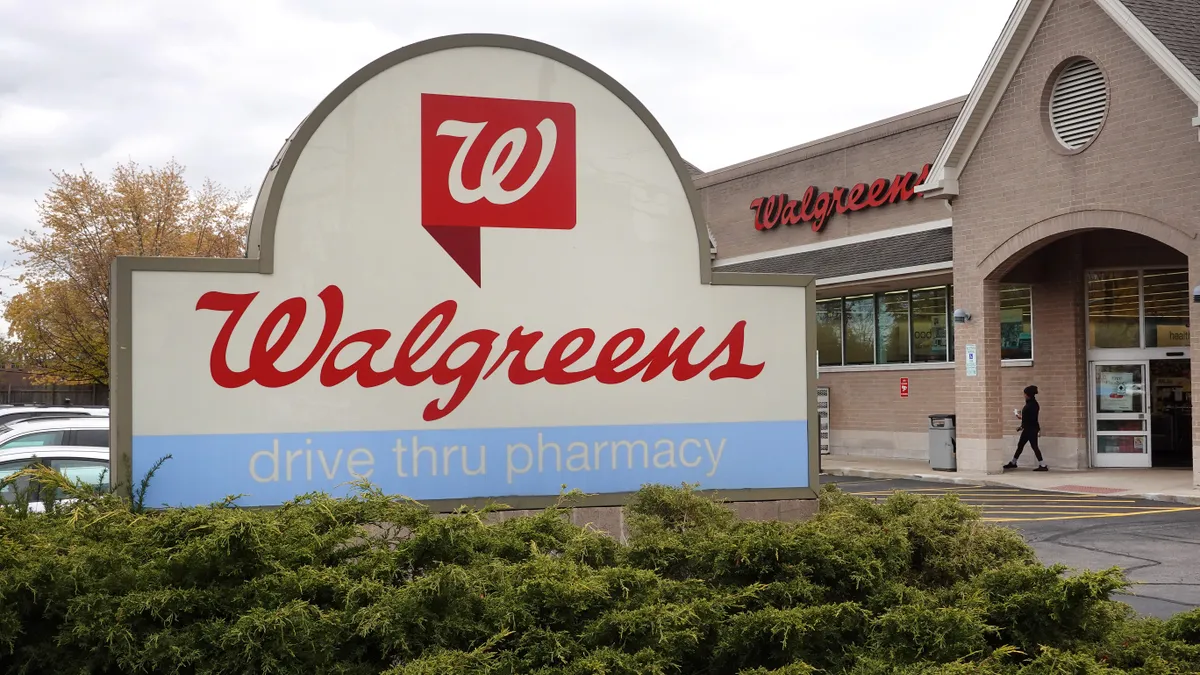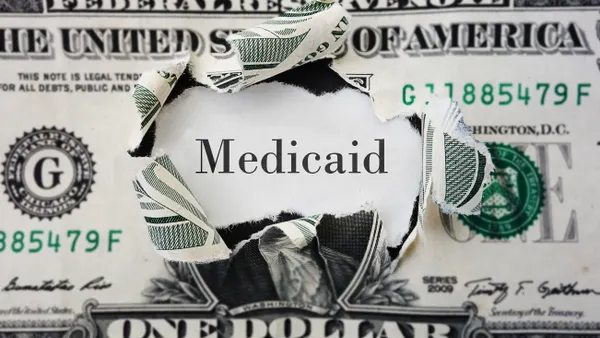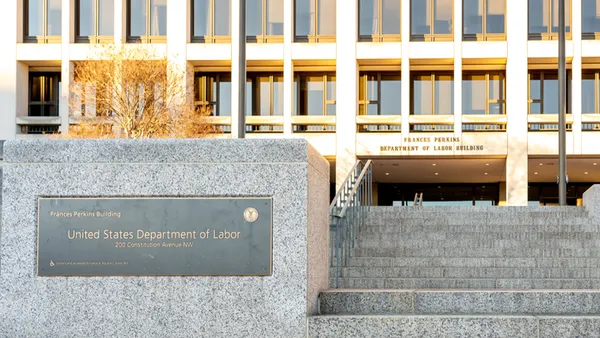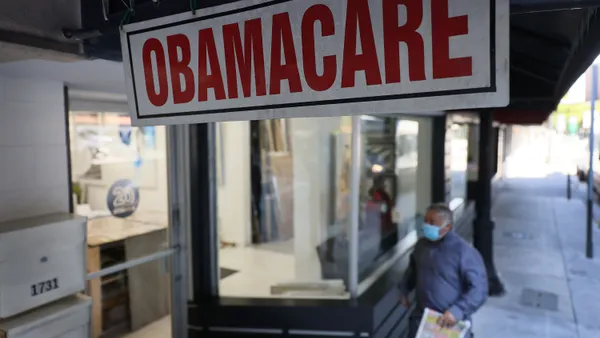Dive Brief:
- The Department of Justice is suing Walgreens for allegedly filling millions of prescriptions for controlled substances despite clear red flags they were illegal, helping fuel the deadly opioid crisis in the U.S.
- The government’s complaint filed Thursday in an Illinois district court accuses Walgreens of violating the Controlled Substances Act by not confirming a legitimate medical purpose or the validity of suspicious drugs from 2012 to date, and the False Claims Act for getting reimbursed by federal healthcare programs by dispensing them.
- Walgreens filed a countersuit the same day asking the court to clarify the requirements for pharmacists in dispensing controlled prescriptions, while defending itself against the DOJ’s allegations. Some analysts agreed that the DOJ’s action ignores remediation and oversight efforts that Walgreens has enacted since the company settled with state and local governments in 2022 over its role in the opioid crisis.
Dive Insight:
Walgreens is one of the largest pharmacy chains in the U.S., with thousands of locations. The company has had a tough few years, amid flatlining reimbursement for dispensing prescriptions, falling demand for vaccines and tests coming out of the COVID-19 pandemic and unsuccessful investments in healthcare delivery.
Walgreens is also on the hook for massive payouts to resolve its role in the opioid crisis, which has resulted in the deaths of hundreds of thousands of Americans over the past decade.
More than two years ago, Walgreens agreed to pay almost $6 billion to settle a spate of opioid-related suits, and has continued to agree to a trickle of other settlements with entities not in the original multistate agreement.
As of November, the company is carrying a $6.6 billion liability to cover obligations related to opioid settlements, according to a recent securities filing.
Now, the DOJ’s challenge shows that opioid challenges — and their corresponding financial risk— are not behind Walgreens. The lawsuit consolidates four whistleblower complaints against Walgreens stretching back to 2018, according to the case docket.
In it, the government accuses Walgreens of filling millions of unlawful prescriptions, including for excessive quantities of opioids, early refills of opioids and the so-called “holy trinity” of commonly abused drugs: an opioid, a benzodiazepine and a muscle relaxant.
Walgreens ignored signs that the prescriptions were likely illegal and pressured its pharmacists to dispense the drugs quickly, according to the complaint.
The company also stopped pharmacists from warning each other about certain doctors known to overprescribe opioids, the DOJ said.
In its countersuit, Walgreens said the DOJ’s case is based on “arbitrary” rules governing how pharmacies dispense controlled drugs that never went through the required rulemaking process.
U.S. law requires pharmacies not to knowingly fill invalid prescriptions, and doesn’t penalize them for filling suspicious ones. As a result, punishing pharmacists for not figuring out whether or not a prescription is legitimate is regulatory overreach, according to the company’s complaint.
Walgreens could be facing a steep price tag if it’s found guilty — civil penalties of almost $81,000 for each illegal prescription under the CSA and additional penalties for each prescription reimbursed by the government under the FCA, according to the DOJ.
Extrapolating that amount by millions of prescriptions results in a large potential penalty. However, settlements in similar cases have been smaller.
The DOJ’s suit against Walgreens echoes litigation filed against CVS in December, against Rite Aid in 2023 and against Walmart in 2020 alleging the companies knowingly prescribed suspicious controlled substances. To date, only the Rite Aid suit has been settled, due to the company’s bankruptcy. Rite Aid paid just $409.3 million last summer.
“We think a settlement will ultimately be reached” between Walgreens and the DOJ that’s “well below [$1 billion],” TD Cowen analyst Charles Rhyee wrote in a note Monday.















